Premium Only Content
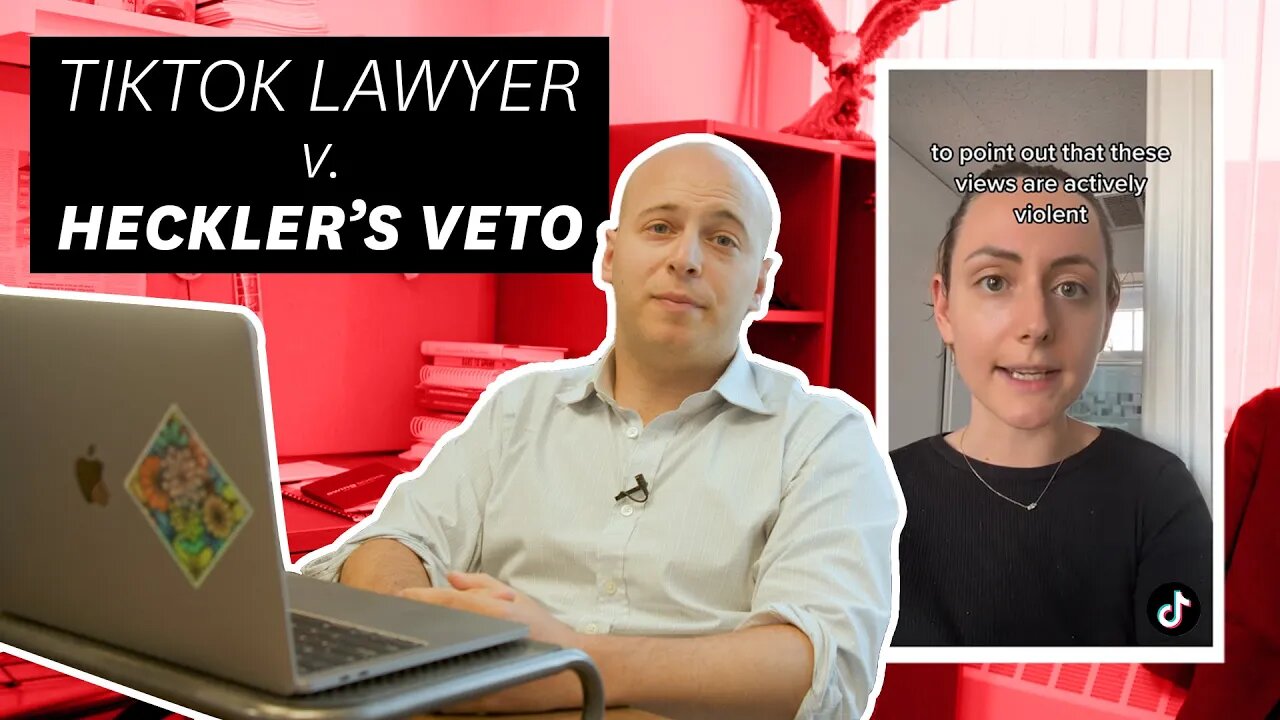
🤦: “These views are actively violent”
Support FIRE today: https://www.thefire.org/donate
FIRE lawyer Zach Greenberg reacts to a Harvard Law School grad’s TikTok video about recent shout-downs at universities that feature right-wing speakers.
While peaceful protest is lawful, the “heckler’s veto” denies students the right to listen to what speakers have to say, and when events are canceled as a result, it denies the rights of students that disagree with these speakers to ask tough questions during Q&A.
Transcript:
TikTok Video: These are actively violent. Come on, Rachel. If these views were actively violent, they wouldn't be invited to speak at Harvard Law School
Zach: Today we're going to look at a video trending on TikTok a couple of months ago about the heckler's veto. So this explanation here conflates free speech with the heckler's veto. The heckler's veto is an attempt to disrupt a speaker using violence or other disruptive tactics, to prevent the audience from listening to what the speaker has to say. In this case, a judge, federal judge came to Stanford Law to speak to the students about issues unrelated to homophobia or gay rights.
What happened was the heckler's veto. The student shouted down the judge and the dean of the law school came out and said, “This is not okay. We support the right of free speech. We support the right of speakers to come to campus and express their viewpoints, even if they are offensive or annoying.”
As the dean said, having the widest array of viewpoints on a law school campus allows lawyers to be the best they can be. It trains legal minds to contest with a wide array of views, and that is an important skill to have if you're going to be a zealous advocate for the viewpoints that you believe in.
The First Amendment allows people to protest these speakers, allows them to have their signs, ask them questions, to really have their own events.
That is fully protected by the freedom of speech. What The First Amendment does not allow it students to go up to the speaker, to shout them down, to drown them out, and to prevent others from listening to the speech. This speaker also conflates speech with violence. This is a very common technique for censorship. It allows people to de-legitimize ideas that they perceive as violent and open them up to being censored because if ideas are violence, then you can use violence to attack those ideas. You can shut them down and shut the people that say these ideas because they are allegedly violent.
But simply ideas that people find disagreeable or offensive, that's speech protected by the First Amendment and by the freedom of speech.
Two final points for this. The first is that these are free speech issues. Being shouted down at a law school, having an event where students are unable to hear the speaker because of the heckler’s veto, that is a free speech problem. And the dean and organizations like FIRE and other groups have rightly condemned that as an issue that implicates freedom of speech. It's a free speech problem.
Second point is that the speaker talks a lot about prestige and legitimacy. And the First Amendment as a broad general matter, protects speech regardless of how prestigious or legitimate it is. It protects speech that is in the minority, that is unpopular, and that is a good thing. We want to be able to have a full and fair debate about what speech should or should not be allowed under the First Amendment. And that is what The First Amendment protects and that's a good thing.
-
 8:39:34
8:39:34
SpartakusLIVE
11 hours agoSPECIALIST Easter Egg ALL DAY || Duos w/ StevieT
48.4K1 -
 1:14:47
1:14:47
FreshandFit
9 hours agoTop 5 Business Credit Cards
80.9K8 -
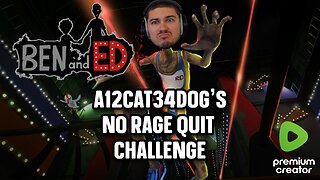 5:32:23
5:32:23
iCheapshot
8 hours ago $2.45 earnedPart 2 of a12cat34dog's Ben and Ed No Rage Quit Challenge!
46.3K -
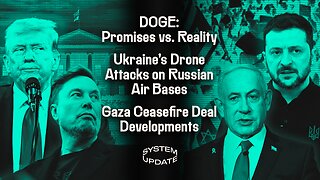 1:49:53
1:49:53
Glenn Greenwald
12 hours agoDOGE: Promises vs. Reality; Ukraine's Drone Attacks on Russian Air Bases; Gaza Ceasefire Deal Developments | SYSTEM UPDATE #463
141K87 -
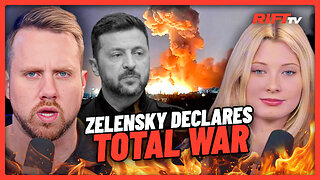 2:13:34
2:13:34
RiftTV/Slightly Offensive
11 hours agoZelensky Declares WAR on RUSSIA.. Trump FUMING Over Surprise ATTACK | The Rift | Guest: Sarah Stock
74.3K95 -
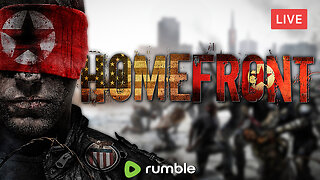 4:01:13
4:01:13
a12cat34dog
9 hours ago2011 GAME PREDICTS 2027 :: Homefront :: AMERICA HAS FALLEN {18+}
44.2K3 -
 2:37:10
2:37:10
PudgeTV
13 hours agoMod Mondays Special Ep | Gaming on Rumble Ambassadors | The Rumble Takeover
75.8K6 -
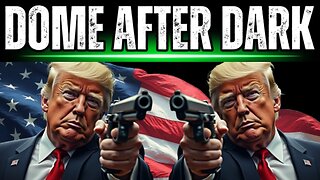 1:52:43
1:52:43
Dome After Dark
9 hours agoDome After Dark: Monday Night Hangout!
23.2K1 -
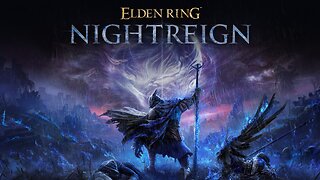 8:50:06
8:50:06
RyuMuramasa✧
10 hours agoLimveld's Destiny | Elden Ring Nightreign | LIVE Full Walkthrough!
15.4K -
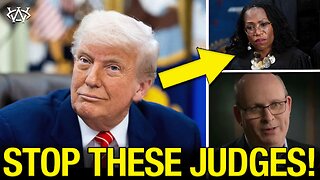 1:52:45
1:52:45
Robert Gouveia
11 hours agoTrump at SUPREME COURT! Election Lawsuit ACCEPTED! Gun Rights IGNORED!
60.6K14